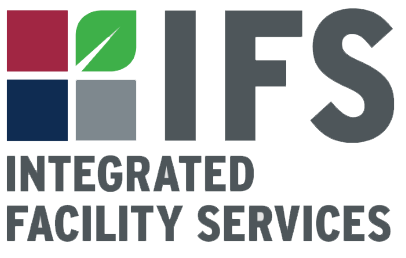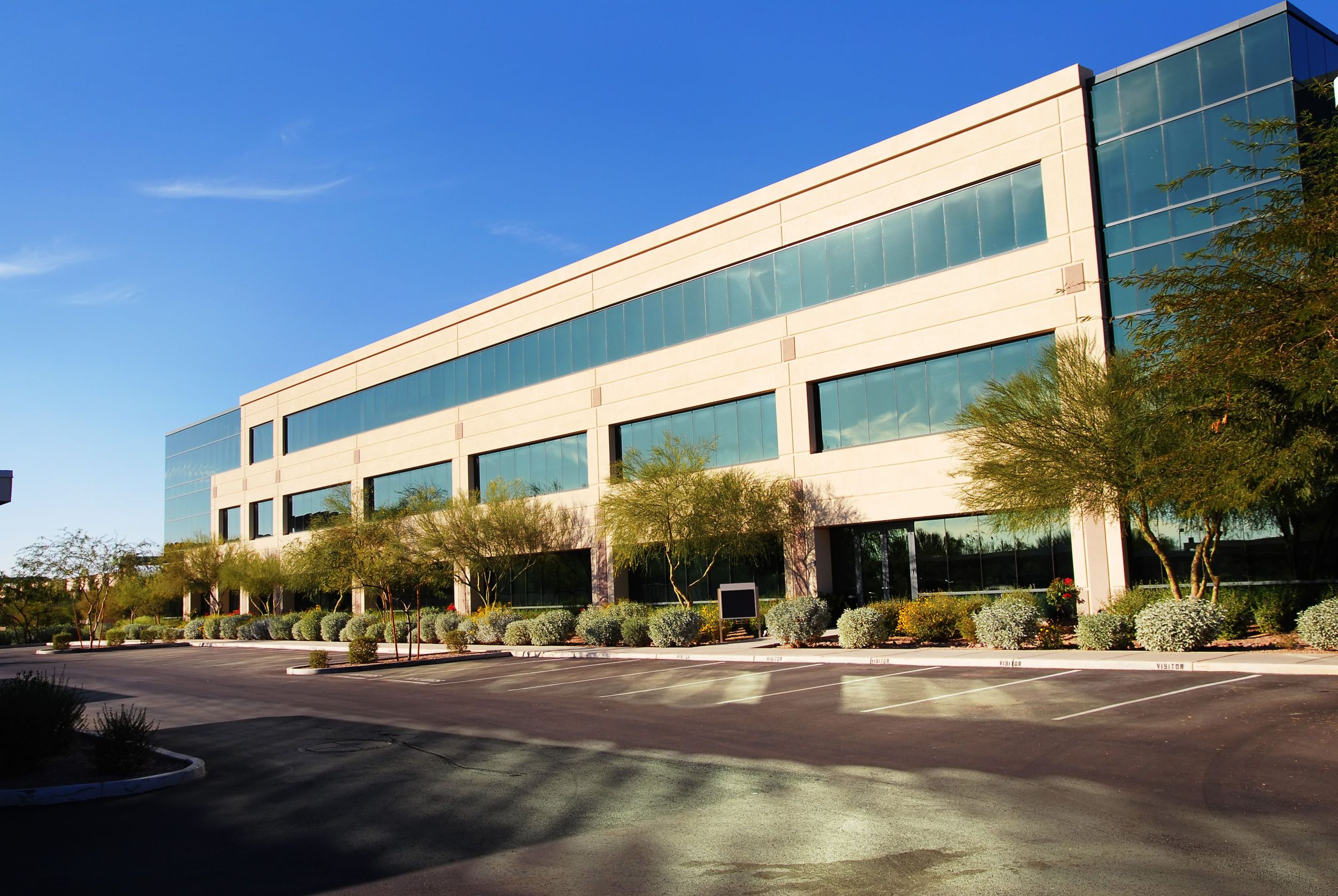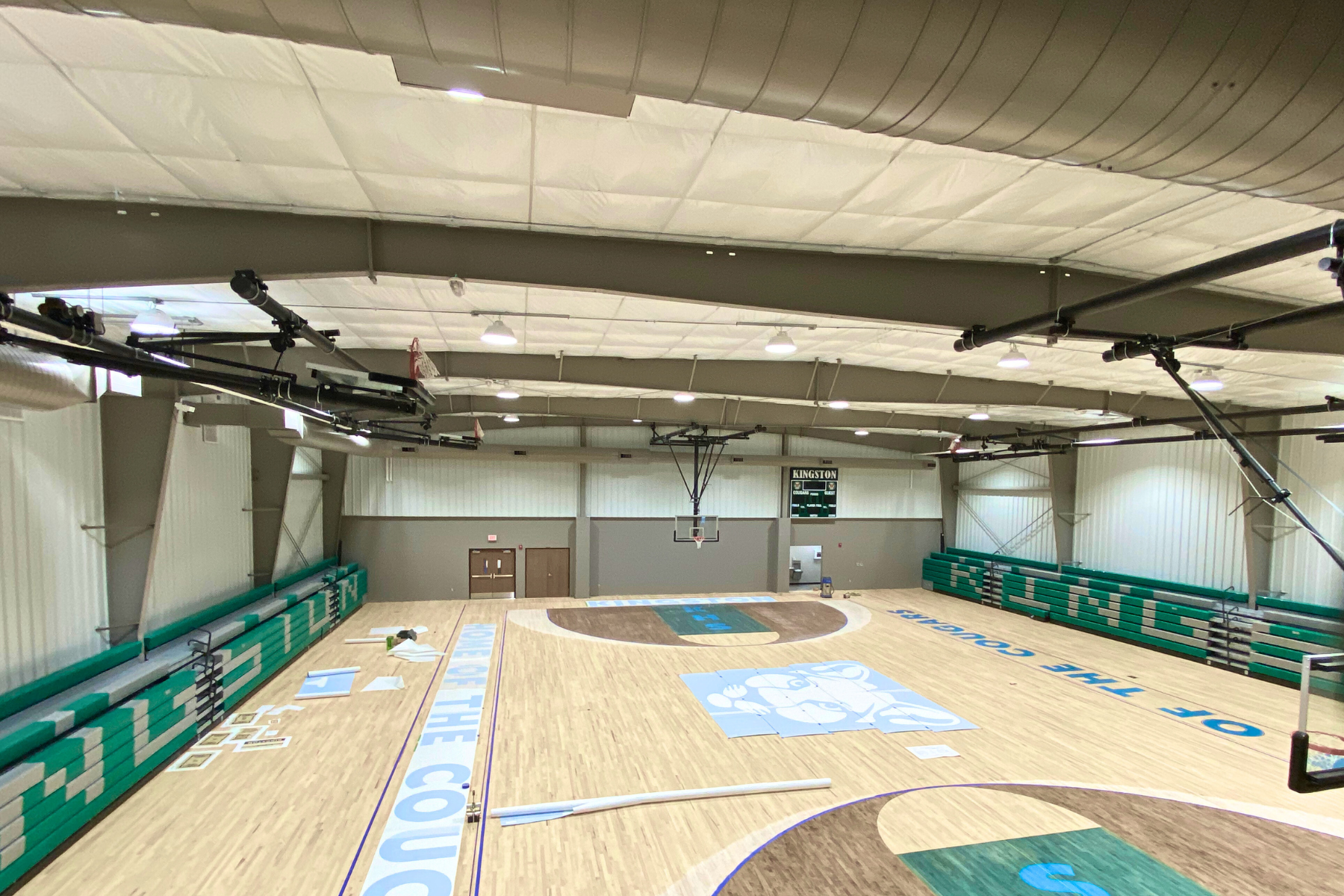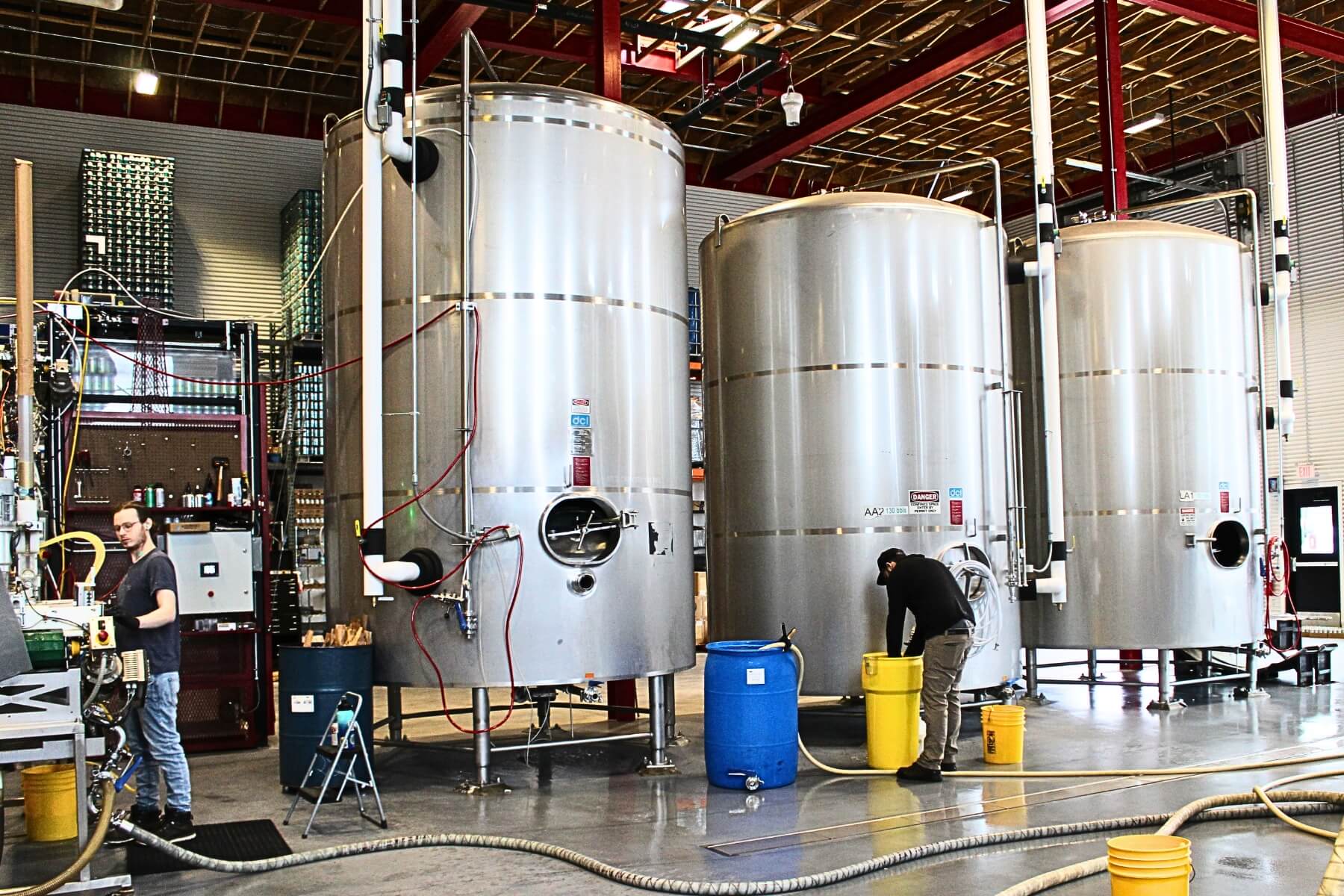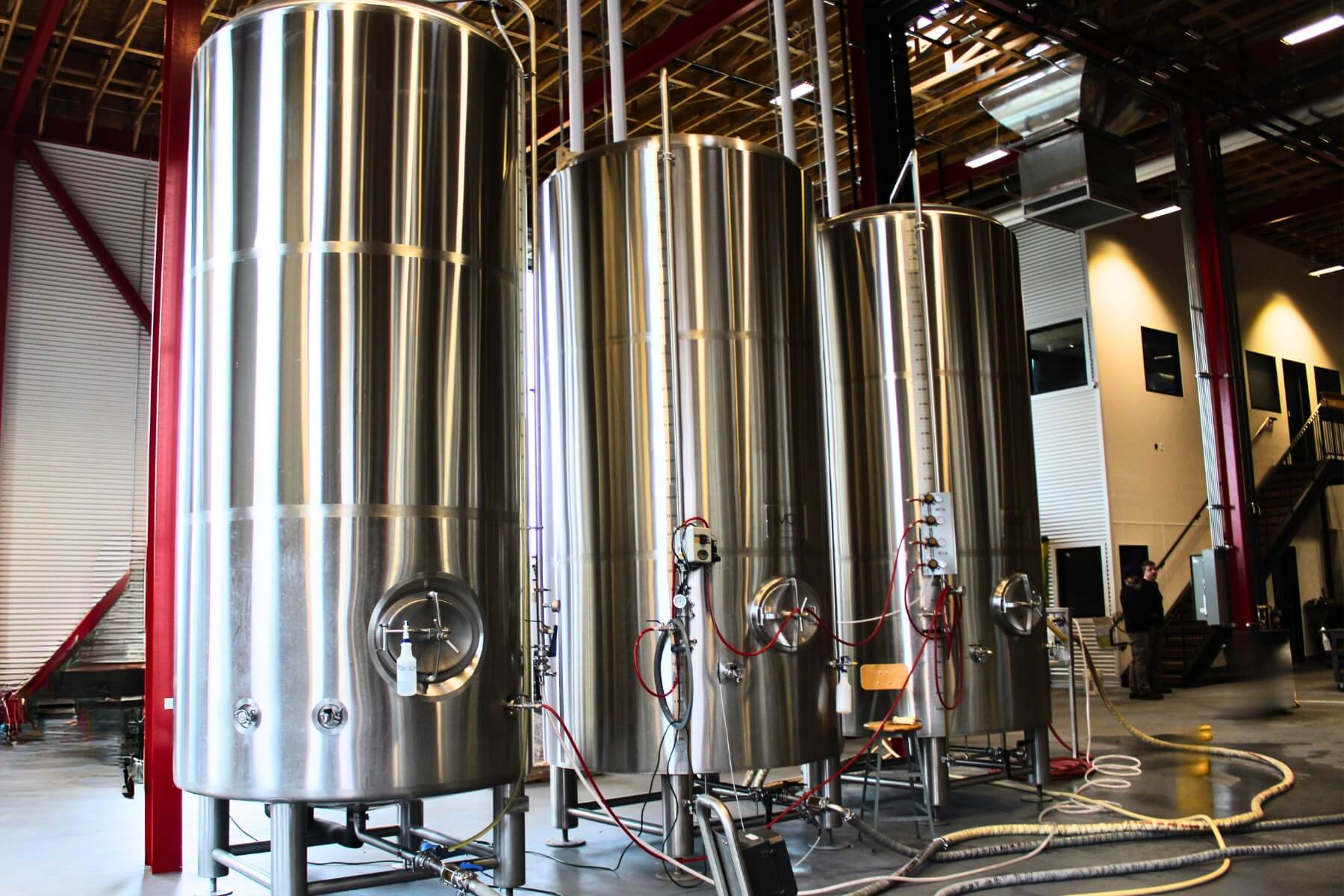The COVID-19 pandemic has raised concerns for many building owners regarding the spread of the SARS-CoV-2 pathogen, particularly with their mechanical systems. Being that the pathogen is known to spread through airborne means, owners have expressed concerns in regards to the mitigation of spread in their buildings. Our experts have worked to compile recommendations in accordance to ASHRAE standards that can be utilized to help reduce the transmission of SARS-CoV-2 in public buildings.
ASHRAE has updated their Position on Infectious Aerosols to include specific statements regarding the transmission of SARS-CoV-2, as highlighted below:
ASHRAE’s statement on airborne transmission of SARS-CoV-2/COVID-19
Transmission of SARS-CoV-2 through the air is sufficiently likely that airborne exposure to the virus should be controlled. Changes to building operations, including the operation of heating, ventilating, and air-conditioning systems, can reduce airborne exposures.
ASHRAE’s statement on operation of heating, ventilating, and air-conditioning systems to reduce SARS-CoV-2/COVID-19 transmission
Ventilation and filtration provided by heating, ventilating, and air-conditioning systems can reduce the airborne concentration of SARS-CoV-2 and thus the risk of transmission through the air. Unconditioned spaces can cause thermal stress to people that may be directly life threatening and that may also lower resistance to infection. In general, disabling of heating, ventilating, and air-conditioning systems is not a recommended measure to reduce the transmission of the virus.
Recommendations
Our Senior Technical Support Engineer, Dave Wann, has provided the following list to help your building improve the HVAC systems’ ability to minimize transmission in public building:
- Keep your systems operating as designed
- Keep Outside Air open to at least a minimum to meet code, usually 15% to 20% unless you have special circumstances. If special circumstances are a concern, we can help adjust these for you to optimize the system.
- Keep quality filters in your system and keep them clean.
- MERV7 is a minimum and MERV 11 or even MERV 13 is recommended. You should consult your Mechanical Contractor about necessary modifications before installing a higher filtration level filter.
- Dirty filters increase the pressure drop on the fan and will reduce the amount of air the system moves throughout the space. Consider replacing all filters.
- Keep the supply fans operating at all time the building is occupied to prevent high concentrations of the virus from accumulating. Keep the thermostat fan switch to “ON” not “AUTO”.
- Remove any cardboard, plastic, or duct tape covering grilles in individual offices, etc.
- Keep surfaces in the spaces clean, including floors, desks and counters as these will accumulate the pathogen, which can survive for several days.
Other recommendations from ASHRAE include:
- Increasing outdoor ventilation as conditions permit
- Keep system running longer hours
- Adding portable room air cleaners with HEPA or high-MERV filters
- Adding UVGI components in high-density spaces
- Maintaining temperature and humidity as applicable
The most important consideration of a HVAC system’s function in slowing the spread of SARS-CoV-2 is to keep the system running. Stopping the system can be more hazardous to the health of the building occupants and the system itself.
If you have any concerns about the transmission of SARS-CoV-2 in your building, contact us today!
